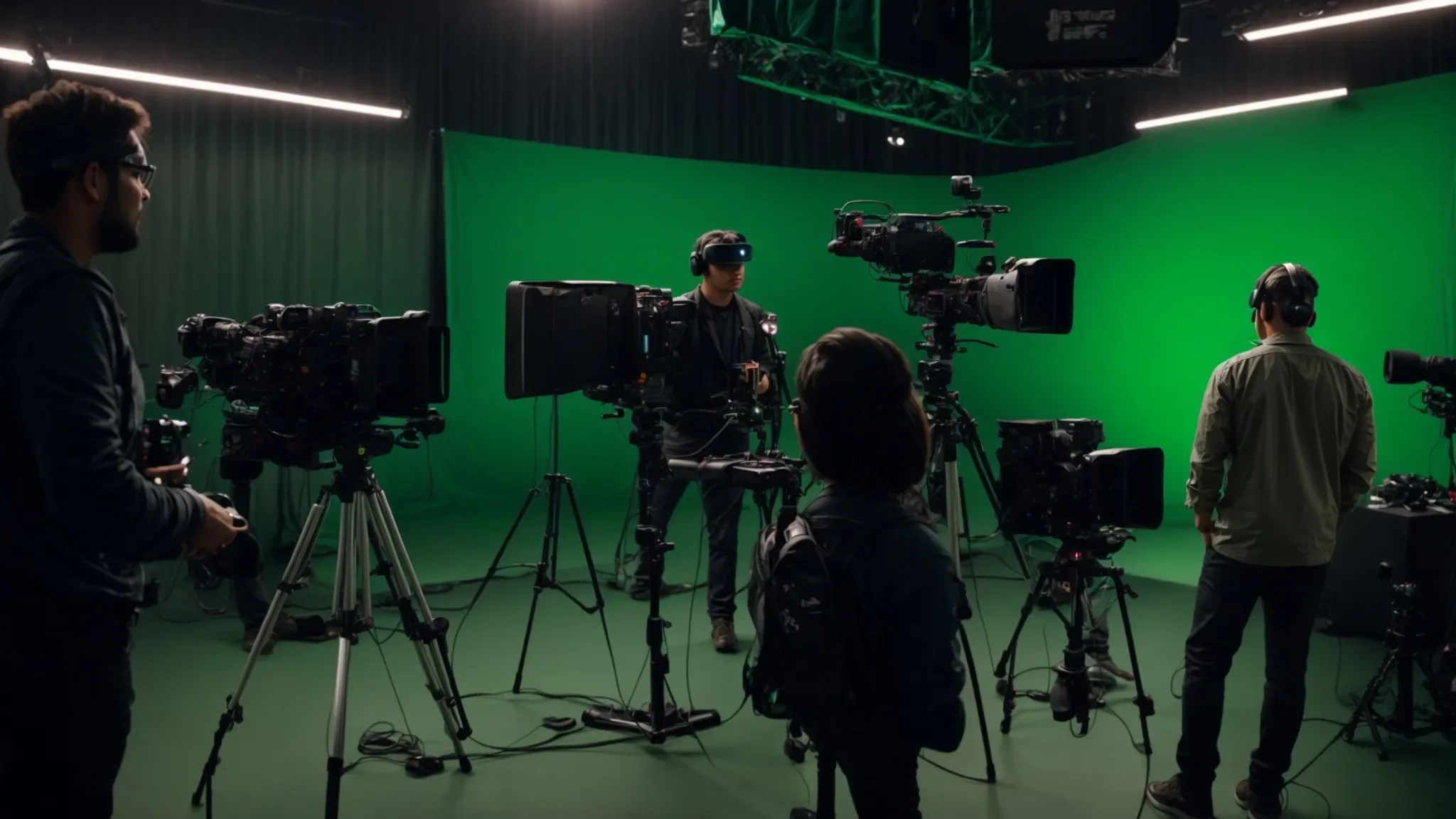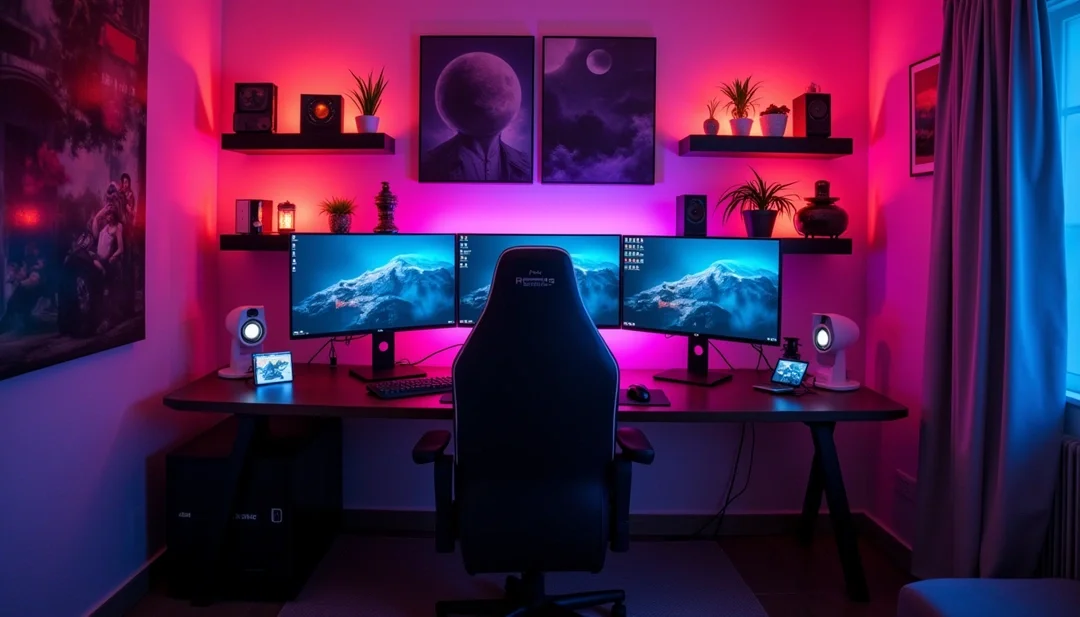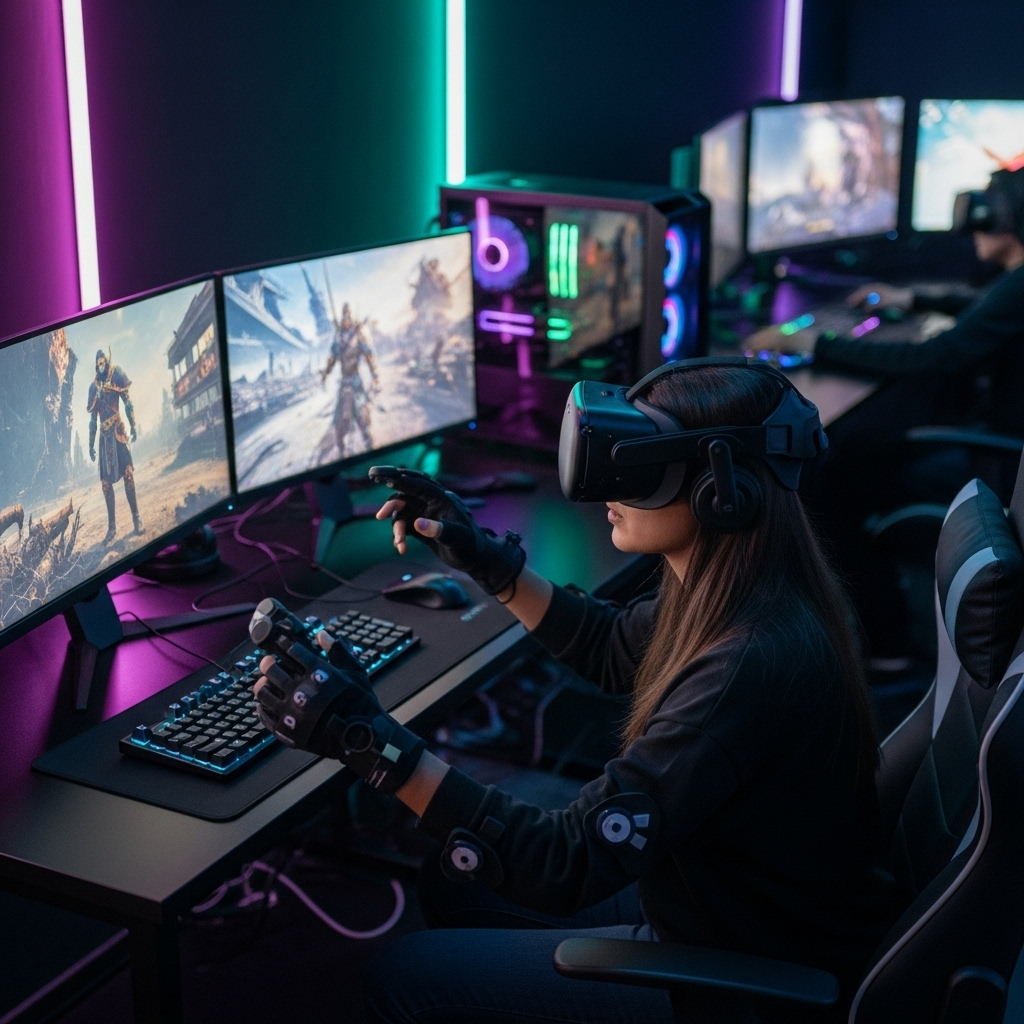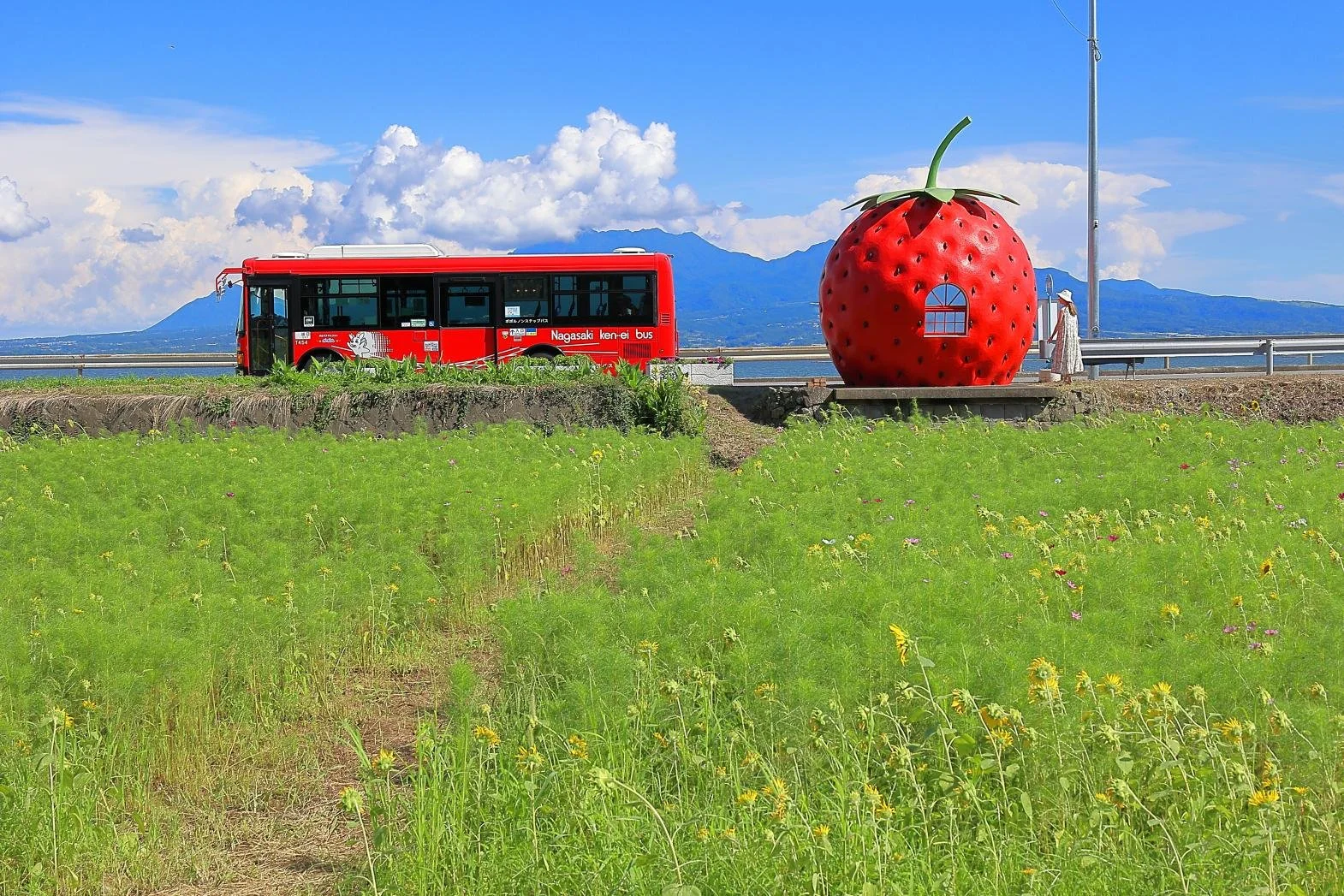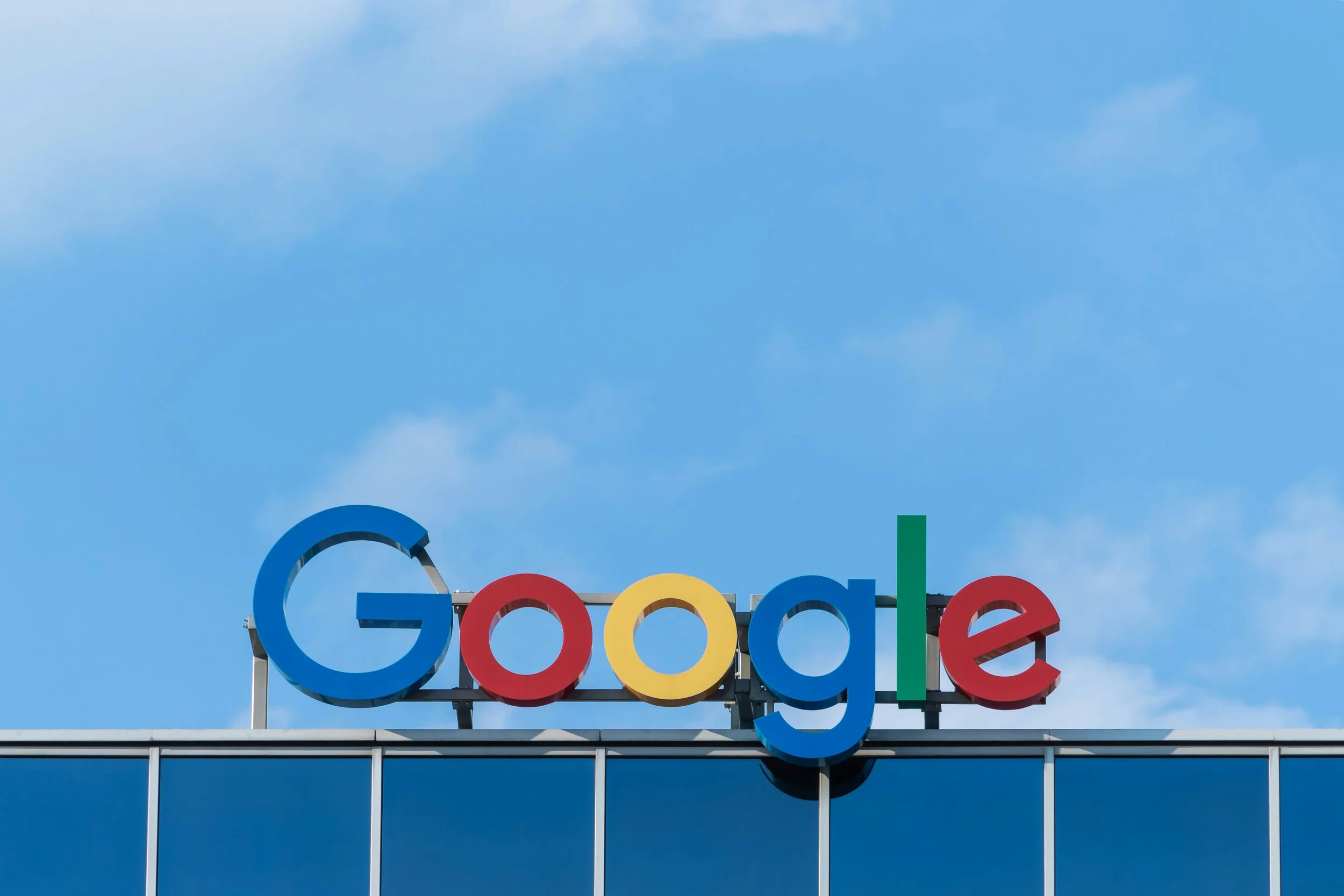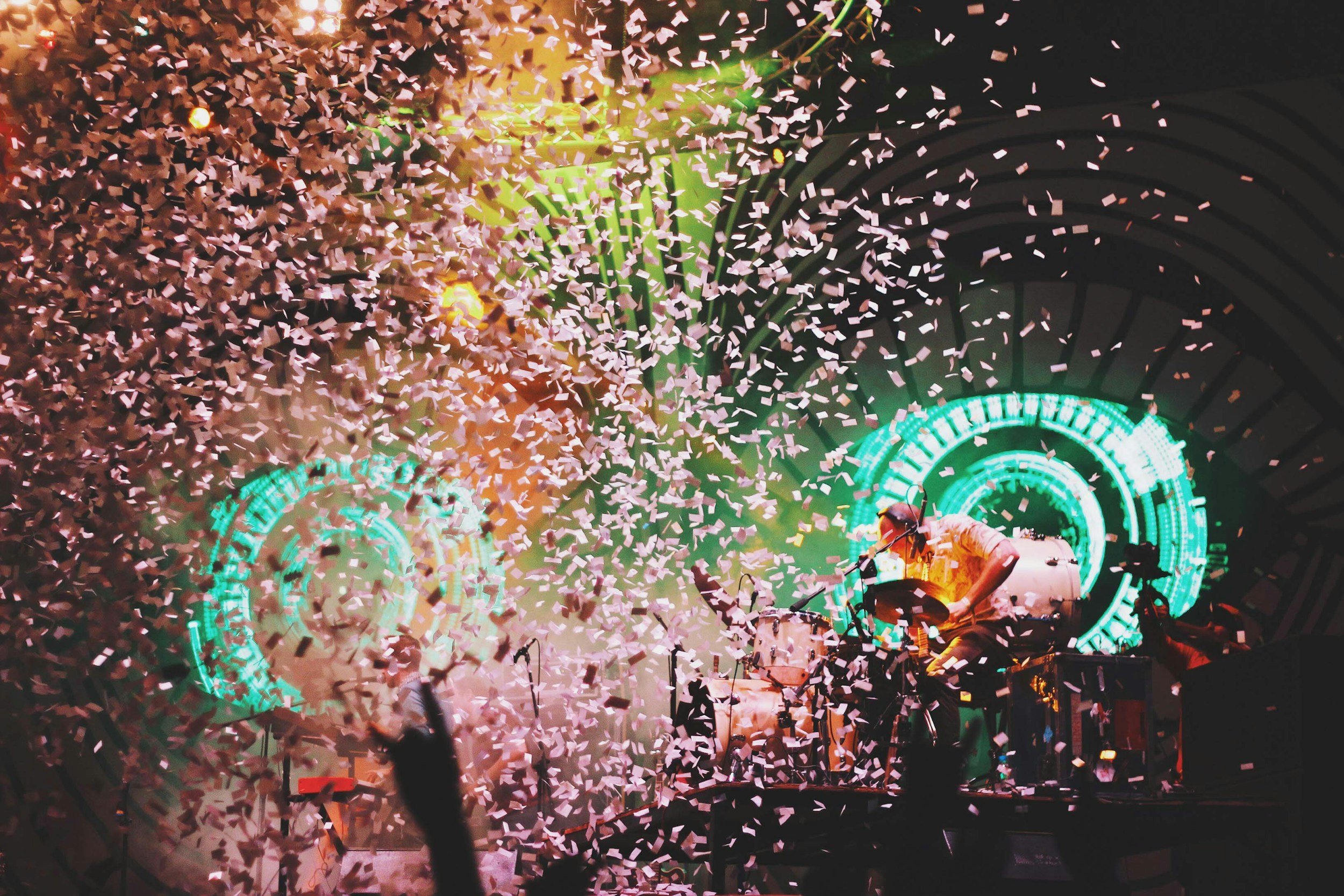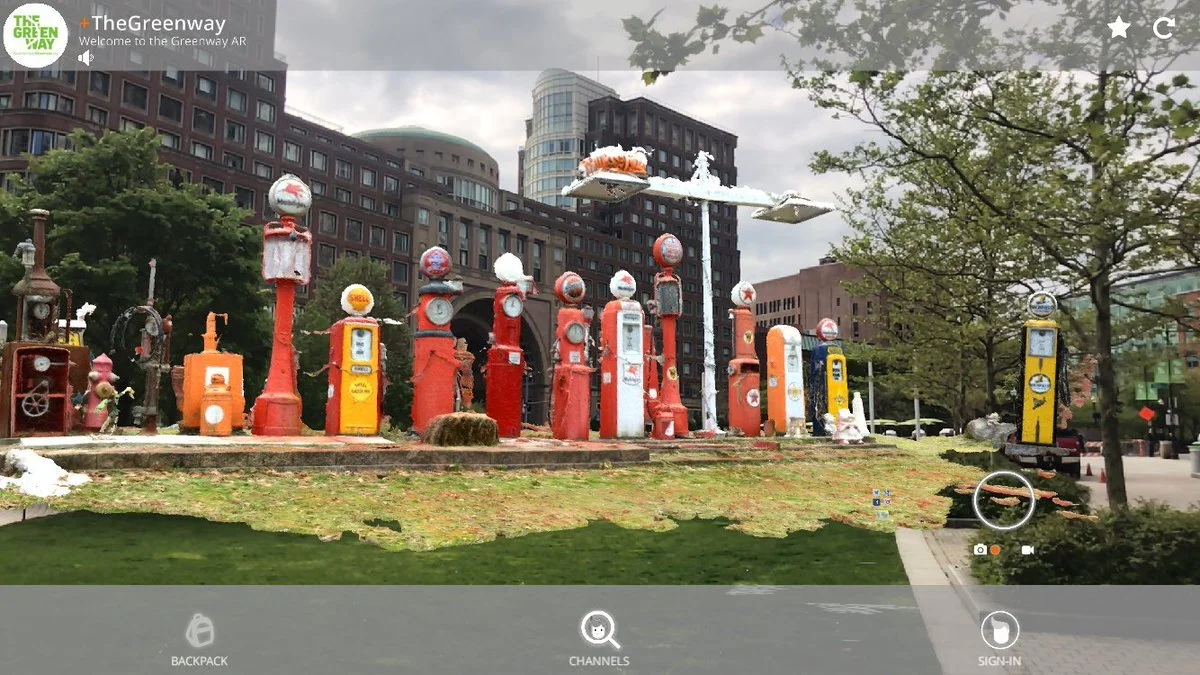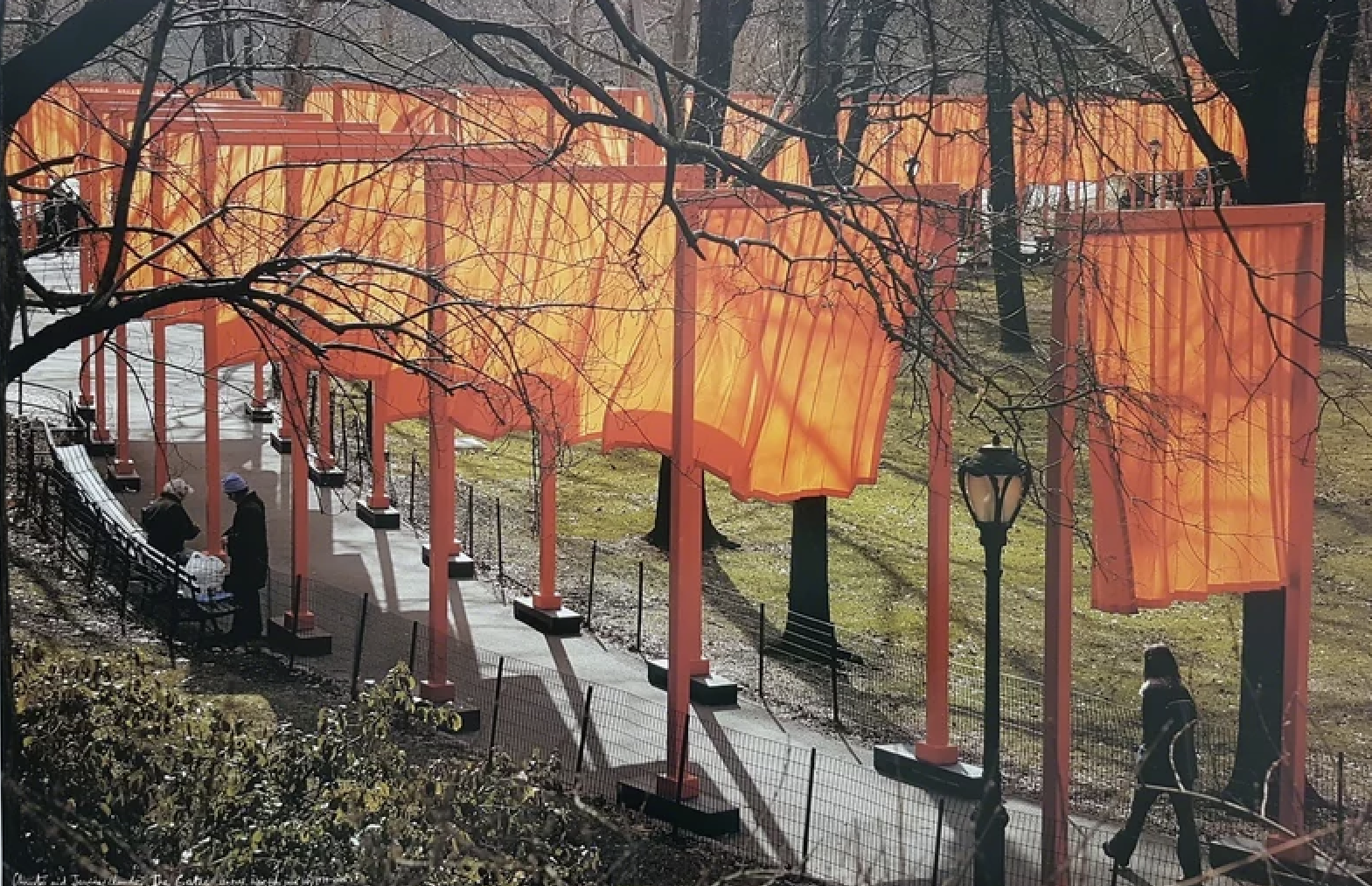Arts and cultural nonprofits often operate in multiple markets for earned and contributed revenue. With increasing attention on data-driven decision making, effective market orientation often depends on effective data use. This fundamental collection, transmission, use, and interpretation of data within an organization collectively contributes to what can be considered an organization’s data culture.
Democracy on Display: The Dynamic Role of Art Museums in Elections
Museums have increasingly begun to volunteer their spaces as polling places, acting as a democratic vehicle for their communities and adding to the greater fabric of America’s election infrastructure. In doing so, they can support local democratic processes and prove to their communities that they are not unbreachable temples for the elite, but open platforms for the people.
Part II: Stakeholder Interests in the Future of AI and Entertainment
How will AI-generated content transform the entertainment industry? And what are the impacts on employment, content development, budgets, contracts, legislation, and privacy rights? Part II of this research by Heinz College Master of Entertainment Industry Management students provides an in-depth analysis of survey and interview data from entertainment lawyers, educators, and other industry professionals.
Part I: A New Era of AI in the Entertainment Industry
As exemplified by the Hollywood strikes of 2023, we find ourselves in a new era of Artificial Intelligence in film and television. While studios are looking to cut costs, performers seek job security, and consumers seek quality content. Through research conducted in collaboration with facial motion capture technology provider Faceware Technologies Inc., Master of Entertainment Industry Management students at Carnegie Mellon sought to gain insight on how AI-generated content will transform existing industries, including how this technology could affect employment in the entertainment industry, content development, budgets, contracts, legislation, and privacy rights.
September News: Next Gen AI to Social Media Courtroom Drama
September’s headlines saw a change in temperature to the arts and tech worlds. Brand new AI programs hit the scene, making strides in multimodal capabilities, problem solving, and even scheming. Court cases and government bans have spelled doom for some social media platforms while giving a significant boost to others. Meanwhile novel methods of engaging with arts in communities are being tested, from state-level prescriptions to turning entire neighborhoods into galleries.
Part Two: Evaluating Neurodiverse Accessibility Offerings and Education Support in Art Museums
Art Museums are still falling short of accessibility needs. To better understand how art museums are addressing neurodiverse audiences, an evaluation was conducted of 30 Art Museums in three areas: neurodiverse accessibility offerings, physical accessibility offerings, and educator support and resources.
Part One: Understanding Neurodiverse Accessibility in Art Museums
For art museums, knowledge of and consideration of neurodiversity must be a requirement within the context of accessibility and DEAI efforts. How effectively are art museums actually providing neurodiverse accessibility, if at all? Additionally, what strategies can be implemented to enhance inclusivity for neurodiverse visitors and support educators who aim to bring neurodiverse students into these spaces?
Announcing 2024-2025 Research Themes and Outcomes
Whether artificial intelligence, blockchain, extended reality, or other developments, technology is hitting the creative sector from all angles. Regardless of where you sit within your organization, you are likely facing questions on how this emerging technology will impact your work. This year, we will continue to share content that sparks conversation and makes you rethink what is possible.
Transportation as Community Space: the Case for Public Art at Bus Stops
When bus stops are transformed from sterile slabs of concrete to works of site-specific art, they become arteries for cultural expression. This success is critical to the growth and overall health of communities, not just in the United States, but around the world. By connecting residents to their own cities, both literally and creatively, transportation authorities can become active cultural contributors. Could this approach work for Pittsburgh's Wilkinsburg borough?
August News: From Games and Museums to Consumer Protection Policies
Did you catch this month’s headlines in tech and the arts? Advancements in technology make new opportunities for creators and consumers alike. Policy to support transparency in device repair and use of AI may help users make informed decisions. Meanwhile, a landmark Google antitrust ruling supports competition in the search engine market.
Consumer Habits and Wants in AR, VR and the Metaverse
Researchers conducted surveys and industry expert interviews to understand current and future consumer demand for AR, VR and Metaverse entertainment options. The survey indicated that consumers were most interested in using AR and VR to enhance experiences in concerts, educational content, and gaming. Respondents also indicated that they were interested in joining the metaverse to participate in social experiences and to attend live music events. The research unveiled generational differences, emerging opportunities, and trends to follow to best meet consumer demands.
The Potential Market for AR, VR and the Metaverse
Even though VR, AR, and the metaverse are already a growing part of the consumer
marketplace, it is still important to define these relatively new technologies since they are not yet
mainstream. VR technology enables users to immerse themselves in and “interact with a
computer-generated environment, a simulation of the real world or an imaginary world” (Akbari
et al, 2022). In contrast, AR technology incorporates digital elements or objects into the real-
world environment in real-time (Akbari et al, 2022). The VR market is expected to generate a
global revenue of $20.8 billion, and the AR market is projected to grow to $31.3 billion by 2027
(Statista, 2022a). The market projections indicate the potential growth and opportunities in these
immersive technologies.
July News: Arts Leaders Face Big Questions on AI and Privacy
How can AI and blockchain play a functional role in arts and cultural organizations? At Christie’s 8th Annual Art + Tech Summit, top arts leaders gathered to address this question and more. While companies race to integrate the latest technology, uses may not align with consumer demand or practical need. With eyes on the creative industry’s next steps, companies must consider ethics of the AI tools they implement. For Disney, this resulted in a “hacktivist” cyber attack, leaking more than 1 TB of company data in protest of AI artwork policies. Meanwhile, individuals must take more responsibility in protecting their own data privacy as Google Chrome once again takes back promise to eliminate third-party cookies. Read more about this month’s news below.
Survey Results: Audiences and Generative AI and the Comic Book Industry
Studies focused on the “artistic” aspects of generative AI reveal negative bias, and a preference for human creations. None of these studies, however, account for the multimodality of comic books: text and image. Is a human-written story a mitigating factor for readers? Is it feasible for writers to become “AI comic book artists" or will consumers drive AI imagery out of the market altogether? Given the multitude of information making it difficult to discern how comic book consumers perceive AI imagery, the following provides first-person research by generating an AI comic and conducting a survey on unsuspecting comic book customers.
Generative AI Text-to-Image: Artist, Audience and the Comic Book Industry
As little as ten years ago, the capabilities of image generators were mere fantasy. Now, images can be made in seconds or minutes and children’s books can be generated in an hour, but how will this impact an industry where the art is at the forefront of consumers' minds? Comics, whether they be digital or print, have been heavily dependent on individual or small groups of artists to weave together stories. The ease of using AI to replicate that work may not be simple.
Part Two: The Globalization of Virtual Production in Film and Television - Past, Present and Future
This project delves into the potential expansion in LED volumes, assessing both benefits and challenges. Our findings emphasize the impact of virtual production on labor markets, economic advantages of increased investment in LED screens, and the necessity of integrating virtual production across Sony's various entertainment divisions. Additionally, we highlight the significance of driving technological innovation to solidify Sony's leadership in this evolving landscape. The information revealed in this research, through a conducted survey, will further explore the current state of the virtual production industry and the creative evolution underlying its widespread adoption. For a deeper understanding of virtual production, please see Part I of this research.
June News: Artists Take a Stand on AI
This month, it’s hard to find a headline that doesn’t mention “AI.” For artists and arts managers, it can now be integrated in every aspect of our work - from creation, to promotion, and general administration. Even your iPhone may soon have AI features integrating messages, calendar, photos, and other personal content. In both music and visual spaces, artists are finding ways to push back on unethical use – while some take legal action, others call for change through the spaces they share their work.
Part One: The Globalization of Virtual Production in Film and Television - Past, Present and Future
Virtual production, defined in this project as the use of real-time technologies to combine traditional physical filmmaking with digital assets, has become a rapidly growing practice in the entertainment industry since LED screens were first used in The Mandalorian (2019) (Desowitz, 2020). LED stages have grown exponentially from three stages in 2019 to over 300 stages in 2022 (Giardina, 2022), expanding virtual production to now be a $1.8 billion market (Grand View, 2023). This project investigates the current landscape of LED stages and studios can capitalize on the growing market.
Three Case Studies Intersecting Sustainability, Public Art, and Urban Planning
This study looks into the role of public art in the urban design process, seeking to provide insights as to how public art can intentionally be used in the urban design system to achieve the goal of sustainability. The overarching question of this research is what the purpose of public art is. As a strong visual piece inside cities, usually, on a comparatively larger scale, public art has a strong visual impact on the audience. Thus, what kind of information will be delivered to the audience? While the concept of sustainability, or, more specifically, urban sustainability, can be incestigated with various concentrations, it generates the question of what kind of urban planning governments or professional organizations are using to achieve specific sustainable issues. Is there any relationship between the purpose of public art and the method used by urban design for sustainable purposes?
Defining Public Art and How it Can Interact with Sustainability
When putting the keywords two ‘public art,’ ‘sustainability,’ or ‘urban planning’ into a an internet search, there are plenty of results about articles, research, or press releases. However, when typing all of them together, there are no results relating those three concepts together, yet public art can serve as a key player in urban design for sustainability. This Part One article will dive into the specifics of public art concerning urban design, planning, and sustainability while the Part Two article will dive into specific case studies concerning cities who have implemented sustainable public art plans.

